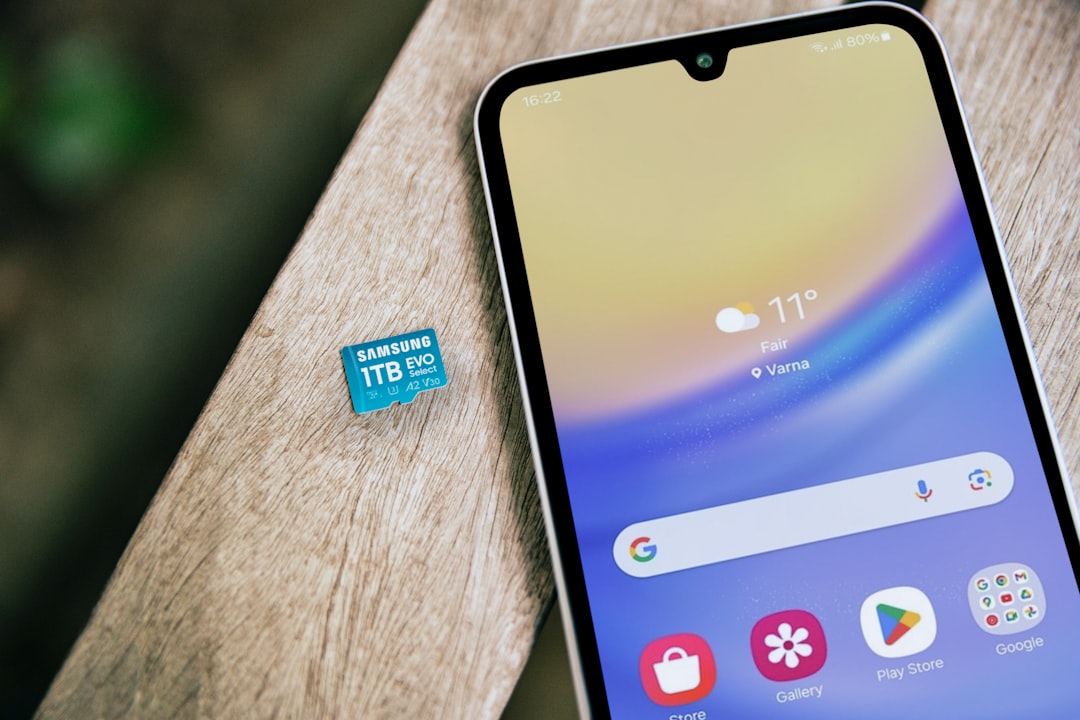State Attorneys General, like those in New York, are vital in combating spam calls, using their legal expertise to protect consumers from unsolicited and fraudulent phone calls. They enforce laws like the TCPA, investigate complaints, and take strong action against violators through fines and injunctions, significantly reducing spam. Notable lawsuits against Spam Corp and a debt collection company have set precedents and demonstrated the success of state-federal collaboration in deterring future offenders and providing consumer relief.
“The relentless surge of spam calls has become a ubiquitous nuisance, affecting millions daily. Here, we explore the pivotal role of State Attorneys General in combating this digital age dilemma. Specifically, we delve into the efforts of New York State Attorney General’s office, known for its aggressive stance against spam callers. This article unravels their power in consumer protection, the legal framework they employ, and successful cases that serve as a testament to their impact. Understanding these strategies is crucial in appreciating the ongoing fight against spam calls.”
The Power of State Attorneys General in Consumer Protection

State Attorneys General play a pivotal role in consumer protection, including addressing the growing issue of spam calls. With their broad legal powers and ability to bring enforcement actions, they act as a crucial check against deceptive and nuisance practices. In New York, for instance, the Attorney General’s office has successfully sued numerous entities for illegal spam call campaigns, securing significant penalties and relief for affected consumers.
These attorneys general possess the authority to investigate, prosecute, and enforce laws related to consumer fraud, unfair business practices, and privacy rights violations. When it comes to spam calls, they can issue cease-and-desist orders, seek injunctions, and levy fines against violators. Their actions not only deter potential spammers but also provide a sense of security and justice for consumers who have been plagued by relentless phone calls.
Uncovering the Problem of Spam Calls: Prevalence and Impact

Spam calls have become a ubiquitous problem, affecting millions of people worldwide. With the proliferation of advanced technology, scammers and telemarketers employ sophisticated methods to bombard individuals with unwanted phone calls, often masquerading as legitimate businesses or even government agencies. In New York, just like many other states, the frequency and sophistication of these spam calls have been on the rise, causing significant distress to residents.
The impact of spam calls is far-reaching. From invading personal privacy to potentially leading to financial losses, these calls can cause anxiety, frustration, and even fear among victims. Many individuals have reported receiving multiple spam calls daily, making it challenging to distinguish between genuine communications and fraudulent attempts. As such, there is a growing need for strong legal actions, led by state attorneys general, to combat this issue and protect consumers from the nuisances and dangers associated with spam calls.
Legal Framework: How New York State Handles Spam Calls

In New York State, the battle against spam calls is led by the Attorney General’s Office, which has established a robust legal framework to protect residents from unwanted and fraudulent telephone communications. The state’s approach is centered around the Telephone Consumer Protection Act (TCPA), a federal law designed to curb abusive telemarketing practices. New York attorneys general have been proactive in utilizing this legislation to hold companies accountable for spam calls.
The Attorney General’s Office actively investigates complaints related to spam calls and takes legal action against violators. They have the authority to seek penalties, including monetary fines, for each violation of the TCPA. This stringent approach serves as a deterrent for telemarketers and ensures that New York residents are less prone to receiving unsolicited calls, thereby enhancing their privacy and peace of mind.
Role of Attorneys General in Investigating and Enforcing Anti-Spam Laws

The role of State Attorneys General is pivotal in combating the pervasive issue of spam calls, especially in states like New York where consumer protection laws are stringent. They play a crucial role in investigating and enforcing anti-spam legislation, acting as a safeguard for residents against unwanted and deceptive phone calls. With their broad legal authority, Attorney General offices have the power to conduct inquiries, gather evidence, and take legal action against companies or individuals engaging in spamming activities.
In New York, for instance, the Attorney General’s office actively pursues cases related to telemarketing fraud and abusive practices. They work closely with federal agencies and other state AGs to coordinate efforts, share resources, and establish strategies to combat spam calls effectively. This collaborative approach ensures a comprehensive and consistent response to this growing concern, protecting New York residents from fraudulent or harassing phone calls.
Success Stories: Notable Cases Led by New York's Attorney General Against Spam Callers

In recent years, New York’s Attorney General has emerged as a formidable force in the fight against spam calls. Notable cases have set precedents and delivered significant victories for consumers. One such example involves a 2018 lawsuit against a company called “Spam Corp,” which had allegedly placed millions of unwanted telemarketing calls to New Yorkers, violating state laws. The Attorney General’s office secured a $2.5 million judgment, with substantial penalties and restitution for affected residents. This case not only deterred future spam call aggressors but also highlighted the effectiveness of state-led initiatives.
Another success story includes a collaborative effort between New York AG’s office and federal regulators in 2020, resulting in a $15 million settlement against a national debt collection company for making illegal spam calls. This joint action demonstrated the power of coordinated enforcement, showcasing how state attorneys general can work alongside federal agencies to combat nationwide spam call operations. These achievements underscore the crucial role played by such legal actions in protecting consumers and holding offenders accountable.






